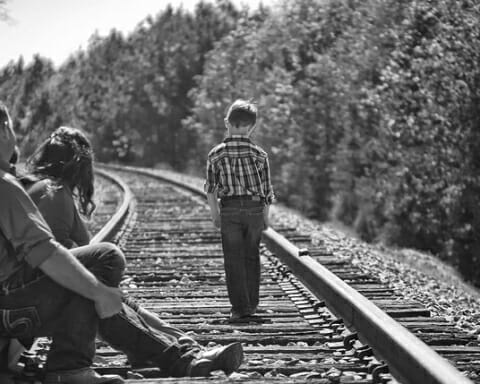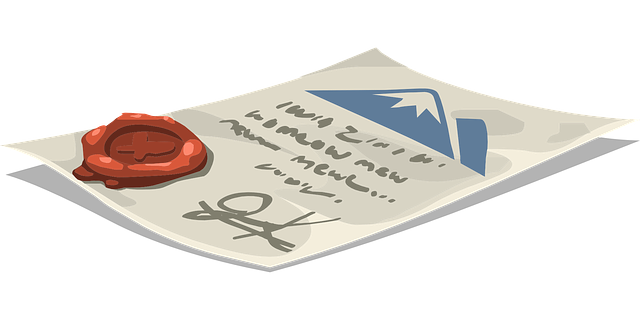Helicopter parenting occurs when parents pay extremely close attention to the activities, actions, and problems of their children. As the name implies, the parents continually hover over and around their chiildren, either directly or indirectly. Some people also call it cosset parenting because of the overwhelming nature of the parents’ involvement in their children’s affairs.
Also, read on this website
- What is Helicopter Parenting?
- How to Stop Helicopter Parenting?
- Which Parenting Style is Preferred by Child Psychologists?
Most helicopter parents feel they need to protect their children all the time. Although the parents may have good intentions, this study suggests that helicopter parenting is more dangerous than initially believed.
Reasons for Helicopter Parenting
Helicopter parenting occurs due to various reasons, all of which have one underlying cause: fear.
- Anxiety. It is normal for parents to worry about their children. But a parent should not get so anxious about their children’s future that they feel they need to protect them all the time, even from the unknown.
- Overexpression of love. Parents who received minimal attention as children themselves might think the best thing to do is to be overly involved in their children’s lives, but such behavior can be just as harmful.
- Exposure to similar parents. Observing helicopter parents may trigger the same behavior in other parents if their example makes them believe it is the right thing to do.
- Fear of the unknown. For example, parents may be afraid that low grades in school could potentially affect their children’s overall achievement. As a result, they constantly check to see that their children are working hard.
Dangers of Helicopter Parenting
- No personal space. Helicopter parenting limits the children’s space. Over time, the children stop acting naturally simply because they are aware of being watched.
- Limited freedom. Overprotecting children limits their freedom, particularly playtime. When the parents are constantly scared that their children will fall down or get hurt, this discourages activity in children and may lead to boredom.
- Lack of responsibility. Helicopter parents often do not obligate their children to do chores and housework, which limits the children’s sense of responsibility and affects their behavior into adulthood.
- Lack of accountability. Because the parents do not want their children to fail, they tend to start doing things for their children that the children should be doing themselves, such as homework.
- Isolation. Helicopter parents may forbid their children from activities and friends that they deem harmful or dangerous, to an extreme degree. Children become lonely and isolated as a result.
- Overprotection. Always checking on children may have the opposite intended effect if the children become rebellious because of the parents’ overprotective behavior, which could lead the children into harm.
Parenting is stressful and hard, but that does not justify any parental involvement that limits children’s proper growth, however well-intentioned. Good parenting allows children to learn and explore, to develop a sense of self-concept, and to become socially competent and independent. Parents should help children achieve their full potential and strive to avoid the negative effects of helicopter parenting, as outlined in this journal.
References
- Schiffrin, Holly H., Miriam Liss, Haley Miles-McLean, Katherine A. Geary, Mindy J. Erchull, and Taryn Tashner. “Helping or Hovering? The Effects of Helicopter Parenting on College Students’ Well-Being.” Journal of Child and Family Studies 23 (2014): 548–557. Retrieved from https://bit.ly/3aF7WzQ
- Padilla-Walker, Laura M., and Larry J. Nelson. “Black Hawk Down?: Establishing Helicopter Parenting as a Distinct Construct from Other Forms of Parental Control during Emerging Adulthood.” Journal of Adolescence 35 (2012): 1177–1190. Retrieved from https://bit.ly/2RbMLxG

![I, Greg Williams [GFDL (http://www.gnu.org/copyleft/fdl.html) or CC BY-SA 3.0 (https://creativecommons.org/licenses/by-sa/3.0)], from Wikimedia Commons](https://parentingscience.today/wp-content/uploads/2018/05/Helicopter_Parenting_Father-480x384.png)











